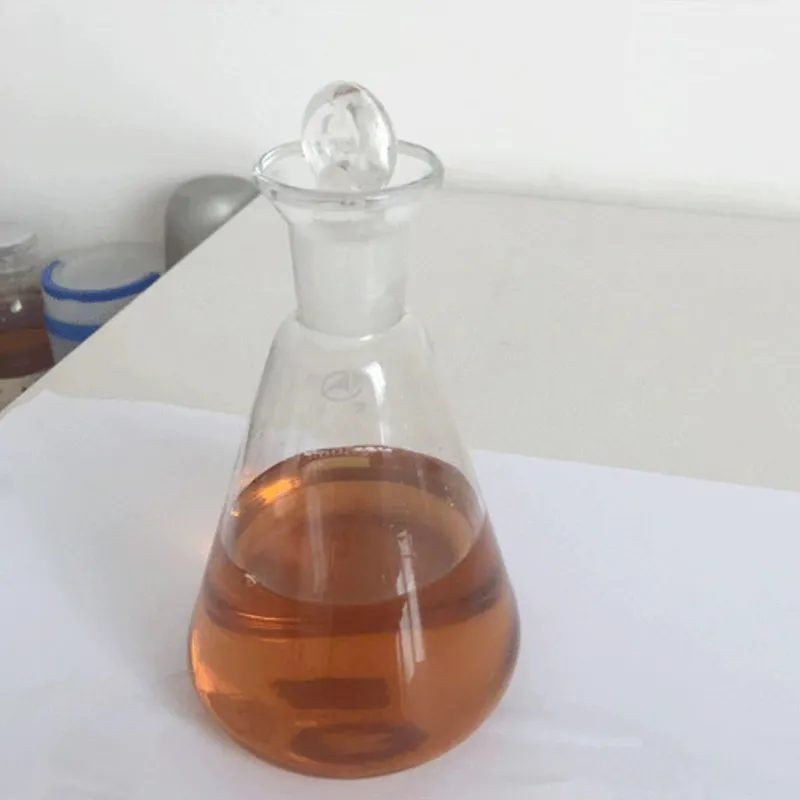
high potash fertilizer
The Importance of High Potash Fertilizer in Modern Agriculture
Potassium is one of the three primary nutrients essential for plant growth, alongside nitrogen and phosphorus. While these macronutrients each play a crucial role in plant health, high potash fertilizer has gained significant attention for its beneficial effects on crop yield and quality. In this article, we will explore the importance of high potash fertilizer in modern agriculture, its effects on plant growth, and best practices for its application.
Understanding Potassium’s Role in Plant Growth
Potassium is vital for various physiological processes in plants. It regulates water uptake and retention, acts as an enzyme activator, and is involved in protein synthesis and photosynthesis. Unlike nitrogen and phosphorus, potassium does not become part of the plant’s structure but is essential for overall health and productivity. A potassium-rich environment allows plants to cope with stressors such as drought, diseases, and adverse weather conditions.
High potash fertilizers, which contain elevated levels of potassium, contribute significantly to improving soil fertility and enhancing crop resilience. Crops such as potatoes, tomatoes, and corn, which are heavy potassium feeders, particularly benefit from these fertilizers.
Enhancing Crop Yield and Quality
The application of high potash fertilizer has been shown to positively impact both the yield and quality of crops. Studies have indicated that an adequate supply of potassium enhances the size and weight of fruits and vegetables. This is particularly critical in commercial farming, where market demands for high-quality produce are increasingly competitive.
Moreover, crops treated with high potash fertilizer often exhibit improved flavor and nutritional value. For instance, fruits with higher potassium levels tend to have better taste and increased shelf life, making them more appealing to consumers. Additionally, potassium helps in enhancing the plant's resistance to various diseases, reducing the need for chemical pesticides and contributing to a more sustainable farming approach.
high potash fertilizer

Best Practices for Application
While the benefits of high potash fertilizers are clear, it is crucial to apply them appropriately to maximize their effectiveness. Here are a few best practices
1. Soil Testing Before applying high potash fertilizers, farmers should conduct thorough soil tests to determine potassium levels. This helps in identifying specific nutrient deficiencies and avoiding over-fertilization, which can lead to environmental issues.
2. Timing of Application The timing of potassium application can significantly influence its effectiveness. It is often recommended to apply potash fertilizers during key growth stages when crop demand for potassium peaks, such as during flowering and fruit development.
3. Method of Application There are several methods to apply high potash fertilizers, including broadcasting, banding, and foliar feeding. Choosing the right method depends on the type of crop, soil characteristics, and the specific requirements of the plants.
4. Balanced Fertilization Potassium should be part of a balanced fertilization strategy. It's essential to ensure that nitrogen and phosphorus are also adequately supplied, as each nutrient interacts with the others. Integrated nutrient management can help maintain soil health and optimize crop production.
Conclusion
High potash fertilizer is a powerful tool in modern agriculture, crucial for enhancing crop yield and quality. By understanding the essential role of potassium and implementing best practices for its application, farmers can significantly improve their productivity and sustainability. As the global demand for food continues to rise, efficient use of high potash fertilizers will play an integral part in meeting these challenges while ensuring a healthier planet. Emphasizing the importance of potassium will not only benefit farmers economically but also contribute to building a more resilient agricultural ecosystem.
-
nitrile-rubber-honoring-strict-production-standardsNewsAug.22,2025
-
aspartame-ingredients-honoring-food-safety-valuesNewsAug.22,2025
-
fertilizer-for-balanced-plant-nutritionNewsAug.22,2025
-
cyanide-gold-processing-with-high-purity-additivesNewsAug.22,2025
-
formic-acid-in-textile-dyeing-applicationsNewsAug.22,2025
-
aluminum-hydroxide-gel-in-skincare-productsNewsAug.22,2025
-
Regulatory Compliance for Global Mining Chemicals UseNewsAug.12,2025
Hebei Tenger Chemical Technology Co., Ltd. focuses on the chemical industry and is committed to the export service of chemical raw materials.
-

view more DiethanolisopropanolamineIn the ever-growing field of chemical solutions, diethanolisopropanolamine (DEIPA) stands out as a versatile and important compound. Due to its unique chemical structure and properties, DEIPA is of interest to various industries including construction, personal care, and agriculture. -

view more TriisopropanolamineTriisopropanolamine (TIPA) alkanol amine substance, is a kind of alcohol amine compound with amino and alcohol hydroxyl, and because of its molecules contains both amino and hydroxyl. -

view more Tetramethyl Thiuram DisulfideTetramethyl thiuram disulfide, also known as TMTD, is a white to light-yellow powder with a distinct sulfur-like odor. It is soluble in organic solvents such as benzene, acetone, and ethyl acetate, making it highly versatile for use in different formulations. TMTD is known for its excellent vulcanization acceleration properties, which makes it a key ingredient in the production of rubber products. Additionally, it acts as an effective fungicide and bactericide, making it valuable in agricultural applications. Its high purity and stability ensure consistent performance, making it a preferred choice for manufacturers across various industries.





